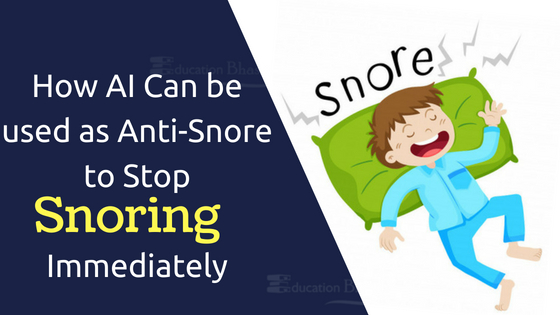For some reason when it’s decided that a child needs to seek help from a psychologist, there’s negative attention attached to the decision. This shouldn’t be the case, because seeing a psychologist doesn’t mean that there’s anything particularly wrong with the child, they may just need help in certain areas.
Reasons for sending your child to a clinical psychologist can range a great deal. These reasons might include your child showing overwhelming signs of stress, struggling with friendships, showing signs of a temper, excessive anxiousness, or it could be that your family is going through a difficult time and he or she just needs someone to vent to. The idea of a psychologist could be intimidating for a child and could be nerve wrecking for parents. When it comes to a child’s mind, it’s not out of the ordinary for a parent to think that the psychologist will be the reason the child has problems or that it will only make it worse. They’re often nervous that the psychologist will find something the parents had been in denial about, or even worse, the psychologist will blame the parents. While these are all valid worries, none of them are true.
Seeking the help from a psychologist simply means that you care about your child and you recognize early signs of some type of condition. Whether it is short-term stress or a longer-term problem, it’s a good thing that you’re taking precautionary measures.
As Psychology Today puts is, “a child psychologist is a combination coach, cheerleader, and fairy godmother, who also happens to have deep knowledge of child development, personal relationships, and clinical research…the right psychologist will help your child- and you- feel even more capable, not less.” The Cleveland Clinic put together a list of signs that might mean your child should see a psychologist. This list can be found on their Health Essentials site here. Below are the 11 signs they identified.
Signs That Your Child May Need a Psychologist?
- He or she has problems in different areas of their life, including relationships, family, academic performance, after-school activities, or even friendships
- He or she feels bad about himself or herself, lacks confidence, unproductive in school and at home
- Shows excessive worry about the future, fear of ordinary activities, excessive fear of failure
- Expresses the feeling of hopelessness
- You notice a change in sleeping habits or eating habits, whether it be more or less
- Withdraws from family, friends, activities he or she used to enjoy
- Misbehaves at school or at home, picks fights, not scared of getting in trouble
- Shows self-destructive behaviour like hair-pulling, skin-picking
- Openly talks about self-harming, noticeably self-harms
- Makes comments about no longer being alive or wishing he or she could just go away
- Discusses suicide
Any of these signs can serve as warnings to the parent to seek help for their child. Even in cases that aren’t this serious, a child psychologist can always give their opinions and you can either continue with the program or mutually decide that it’s not necessary.
Clinical psychologists have to go through a lengthy amount of schooling, so any certified clinical psychologist will have plenty of experience and education. They will have a four-year Bachelor’s Degree, a Master’s Degree, and probably a PhD or PsyD. Nowadays, clinical psychologists can get their degrees through PsyD online programs or traditional courses. The same goes for a PhD. They also need to complete internships or residency programs.
If you decide that your child does need to seek help from a child psychologist, Psychology Today has outlined 5 questions you should ask potential candidates. Because the chosen person is going to have great influence over your child, you want to make sure you feel comfortable with him or her as well as feel that they’re trustworthy. The five questions to ask include:
- How would you typically work with this type of problem?
- How involved are parents in therapy?
- How do we begin?
- I think my child will be nervous about coming to see you? What should I say to him or her?
- How soon can I expect improvement?
Of course, you want the best for your child, so it’s important that you feel he or she is in the right hands.








